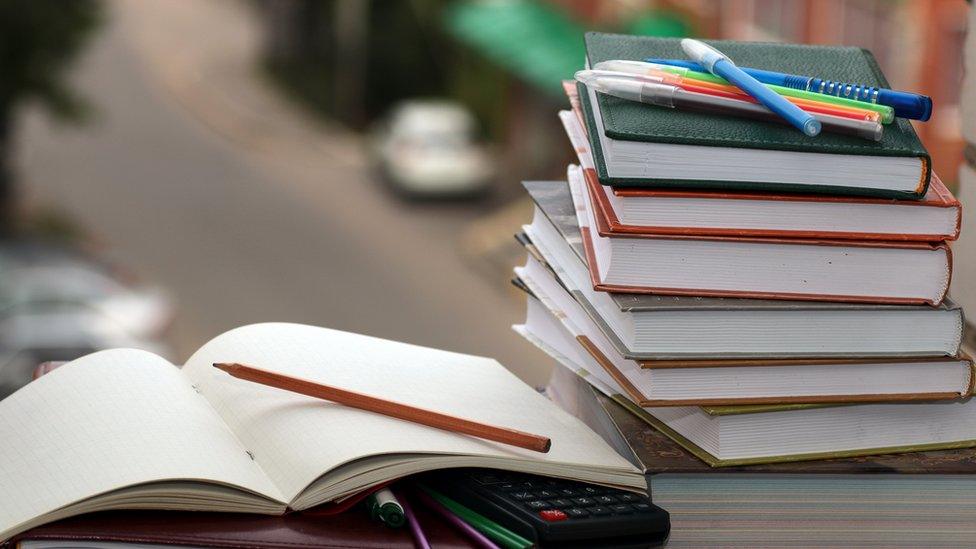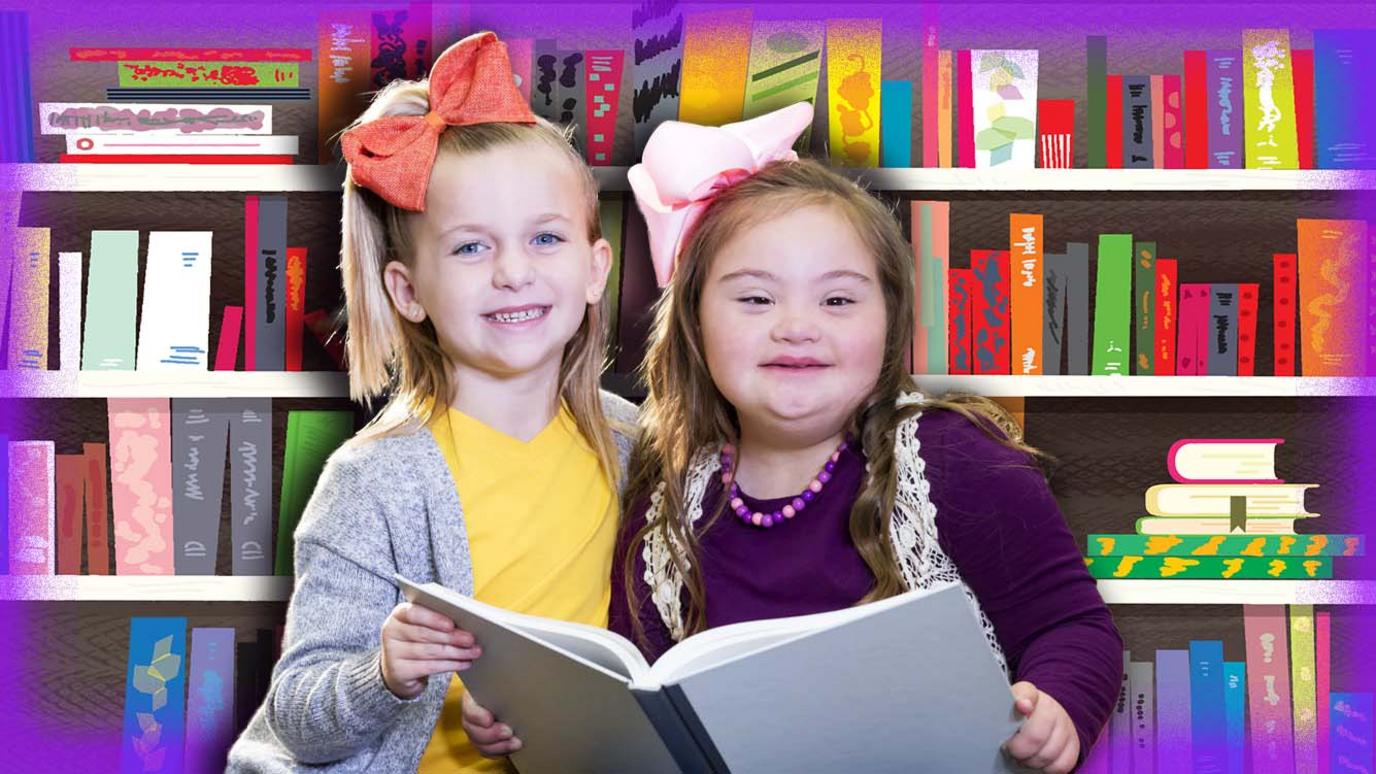Pearson: Publisher phasing educational books in favour of digital learning
- Published
- comments

The world's largest education publisher Pearson has said it is going to phase out printed school books in favour of digital ones.
Pearson publish books for primary and secondary schools on lots of different subjects, but now they have decided to make their learning resources 'digital first'.
They will start phasing out printed books in schools in the US first, with plans to eventually do the same in the UK.
It means that, eventually, students in the UK may have to read about subjects on computers or tablets, rather than in textbooks.
Pearson says their plans will mean they are going to make fewer books, and that the ones they do publish will be updated less often.
Next year, the firm will only update 100 out of 1,500 books that they have already published, whereas e-textbooks will be continually updated with the latest information.
Pearson boss John Fallon told the BBC that more than half of the money that the company makes is now through the sale of e-textbooks.
"We've decided - a little bit like in other industries like newspapers or music or in broadcast - that it is time to flick the switch in how we make and create our products.
"There will still be textbooks in use for many years to come, but I think they will become a smaller part of the learning experience."
Do you prefer using real books at school or would you be happy to only use screens?
The books that are available online are through subscription, where you have to pay a fixed amount to get access to them.
There are concerns that by subscribing to Pearson's e-books, authors could also lose out on income from their work.
Similar concerns have already been raised about musicians losing money from individual sales of their work because of music being streamed on subscription platforms like Spotify.
The company says there are long-term benefits for authors who would receive a percentage of money from subscriptions.
What do you think about this? Would you be happy to see more screens and fewer books in the classroom? Or do you think that it's important that there are educational books at school? Let us know in the comments below.
Watch Ayshah's report
- Published13 May 2014

- Published5 March 2020

